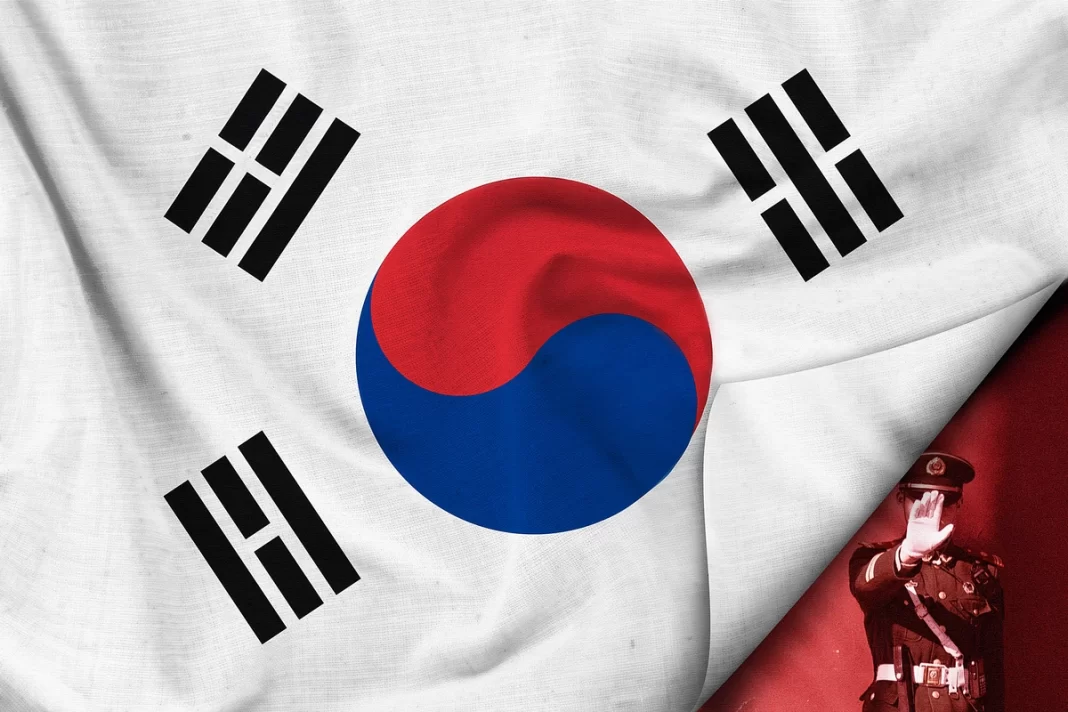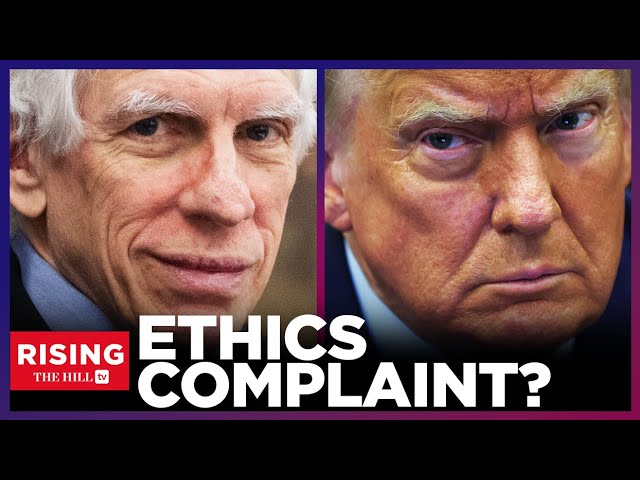The Chinese regime is using its most potent subversion tactics in a long-term ploy to corrupt U.S. ally South Korea from within.
Sitting in for a meeting of China’s top political advisory body was a badge of honor for Wang Haijun.
Unabashedly loyal to the Chinese Communist Party (CCP), he has mourned the death of a Chinese communist leader who unleashed one of the worst human rights repressions in recent history, gifted the autobiography of regime chief Xi Jinping to a leading pro-China politician, and delivered glowing speeches touting the growing Chinese influence abroad. His media studio shares space with a branch of the largest Chinese broadcaster that disseminates propaganda to virtually every Chinese household.
Even with South Korean police probing his restaurant as a likely Chinese spy base, Chinese national Mr. Wang has remained a valuable asset for Beijing: decorated and politically connected, ready to advocate for the communist cause, eager to contribute to local Chinese embassy activities; he has served as an overseer of a half-dozen Chinese front groups, and the host to more than 100 visiting Chinese groups each year.
In a country that fought a bloody war to fend off a communist takeover 70 years ago, the extensive political fingerprint from people such as Mr. Wang appear to critics as emblematic of a silent form of invasion, even before South Koreans—and the world—have come to grasp what’s happening.
“Korea is a war zone without gunfire,” the former head of a Chinese-Korean association, who has sources close to the Chinese embassy in Korea, told The Epoch Times on the condition that he be identified by only his first name, Harry.
By his assessment, the CCP over the years has penetrated 80 percent of South Korean politics and society, on a trajectory that recently came to a halt with a change of leadership that’s steering South Korea out of Beijing’s orbit.
High Stakes
Despite a public opinion poll in 2022 indicating that South Koreans have the world’s most negative view on communist China, the nation came dangerously close to choosing a socialist track.
By Eva Fu









